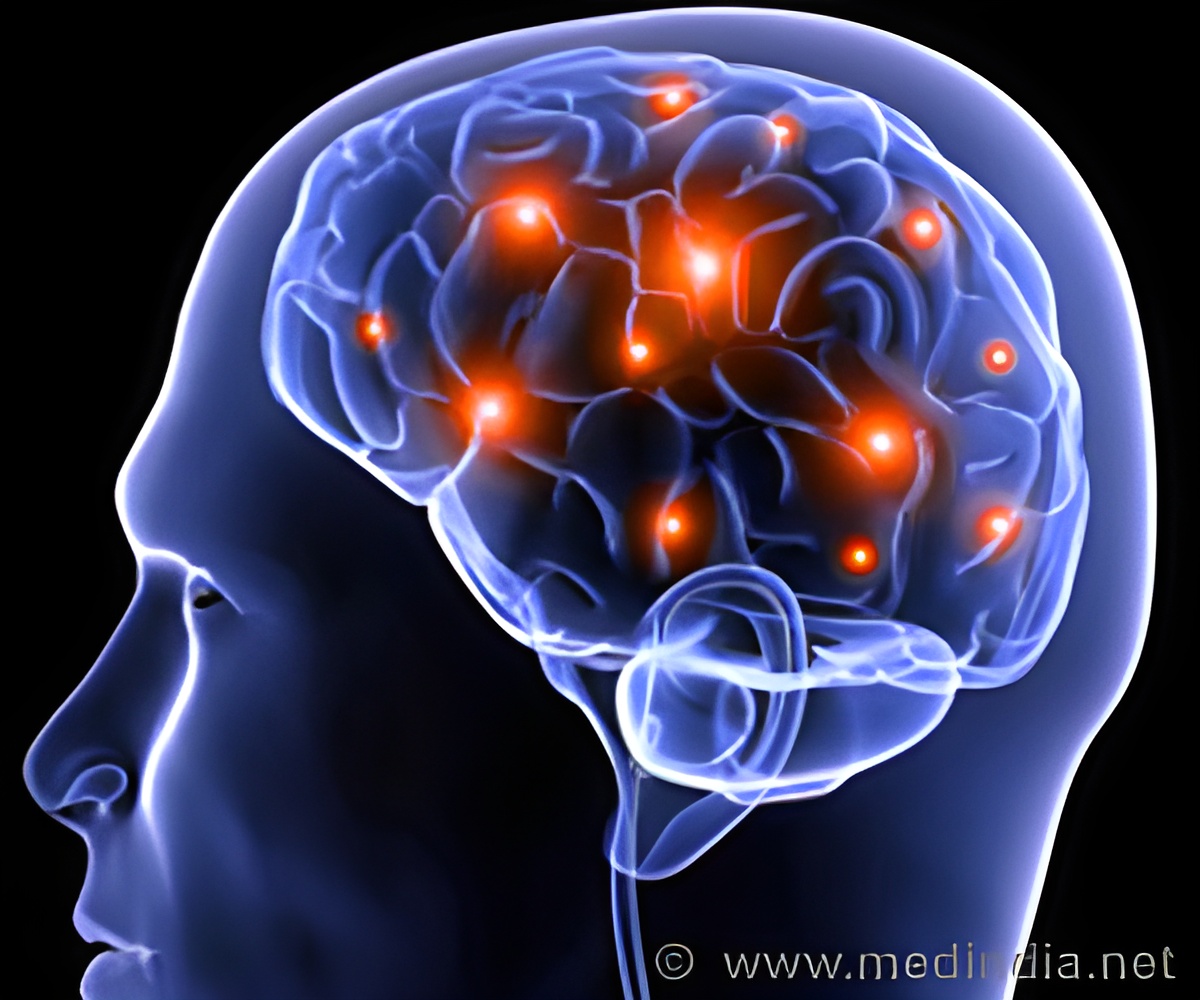Your brain may be providing you with a clue whether you have finally met your true love, a new study reveals.

The researchers found that even if the participants believed that they were passionately in love with their partners, only if there was an increased activity in the caudate tail area of the brain, responsible for the emotional reaction to visual beauty, and less activity in the medial orbitofrontal cortex region, linked with criticism and judgment, did the relationship last beyond three years. The researchers also found that the pleasure centers of the brain were also less active, signaling satisfaction.
“Factors present early in the early stages of romantic love seem to play a major role in the development and longevity of the relationship. Our data provides preliminary evidence that neural responses in the early stages of romantic love can predict relationship stability and quality up to 40 months later. The brain regions involved suggest that reward functions may be predictive for relationship stability”, lead researcher Xiaomeng Xu said.
Source-Medindia














